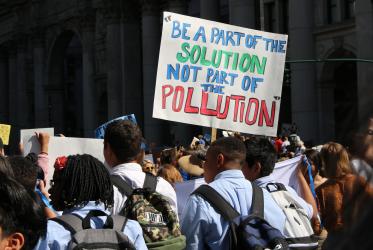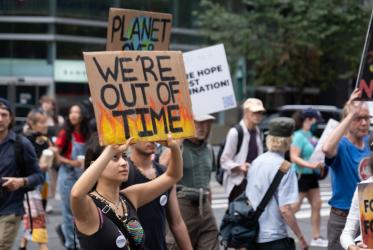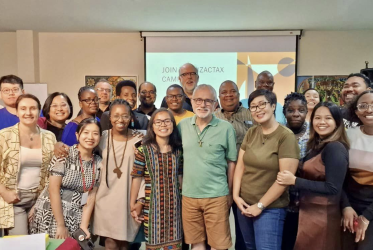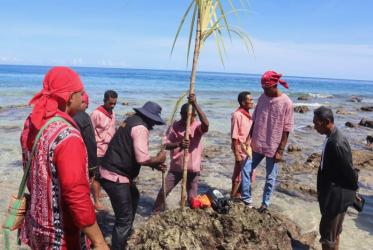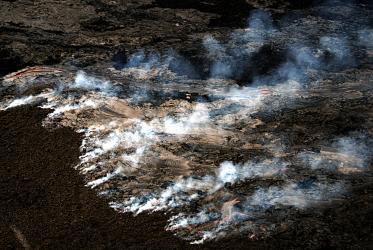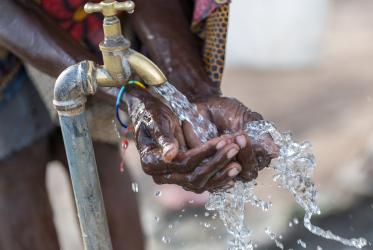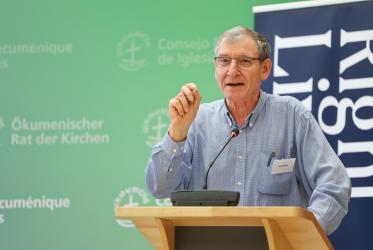Displaying 1 - 20 of 177
WCC to share key insights at World Social Forum
09 February 2024
WCC among “movers and doers” at UN Climate Ambition Summit
20 September 2023
Churches march in New York City to declare no faith in fossil fuels
18 September 2023
GEM School explores how to make new economic world order a reality
08 September 2023
WCC offers condolences in wake of wildfires in Hawaii
16 August 2023


